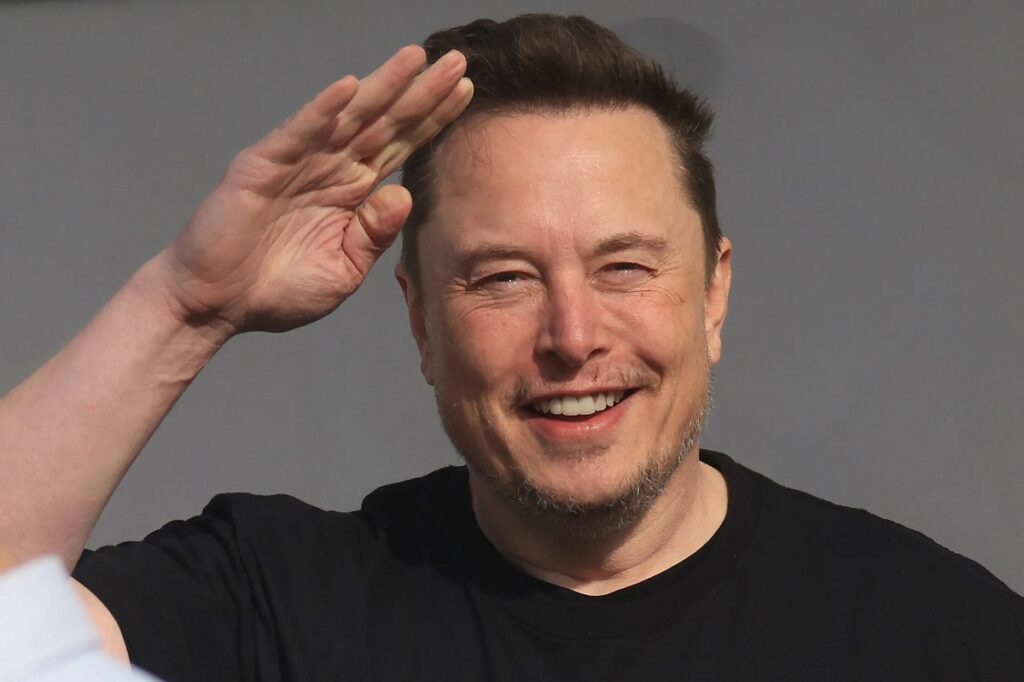Billionaire entrepreneur Elon Musk, known for his ventures in space travel, electric vehicles, and artificial intelligence, has taken a surprising turn by moving to dismiss his lawsuit against OpenAI and its CEO, Sam Altman. The lawsuit, filed in California state court, accused OpenAI and Altman of straying from their initial mission of developing artificial intelligence (AI) for the benefit of humanity rather than for profit.
Elon Musk, one of the co-founders of OpenAI, has been vocal about his concerns regarding the direction the organization has taken in recent years. OpenAI was established in 2015 with the mission of ensuring that artificial general intelligence (AGI) benefits all of humanity. The startup aimed to promote and develop friendly AI in a way that prioritizes the welfare of society over financial gains.
Musk’s lawsuit alleged that OpenAI, under Altman’s leadership, had deviated from its founding principles. The lawsuit claimed that the organization had shifted its focus towards commercial interests, potentially compromising the ethical considerations and societal benefits that were central to its original mission.
The decision to dismiss the lawsuit comes as a surprise to many, given Musk’s persistent advocacy for responsible AI development. While specific reasons for the dismissal have not been publicly disclosed, it is speculated that behind-the-scenes discussions and potential agreements may have influenced Musk’s decision.
One possible reason for the dismissal could be a renewed commitment from OpenAI to align more closely with its founding mission. Alternatively, the parties involved might have reached a private settlement or understanding that addresses Musk’s concerns.
Since its inception, OpenAI has made significant strides in the field of artificial intelligence. The organization has developed groundbreaking AI models, including the widely known language model, GPT-3. These advancements have demonstrated the potential of AI to revolutionize various industries, from healthcare to finance to entertainment.
However, the commercial success of these models has also raised questions about OpenAI’s adherence to its original mission. Critics argue that the organization’s pursuit of profit through commercial applications could overshadow the ethical considerations and societal benefits that were intended to be at the forefront.
Elon Musk has consistently emphasized the importance of developing AI in a way that ensures it remains beneficial to humanity. He has warned about the potential risks of unchecked AI development, including the possibility of creating superintelligent systems that could pose existential threats. Musk’s involvement in AI ventures, such as Neuralink and his investments in AI research, reflects his commitment to steering the technology towards positive outcomes.
Musk’s concerns about OpenAI’s direction were rooted in his broader vision for AI. He has advocated for transparency, ethical considerations, and regulatory oversight to mitigate the risks associated with advanced AI technologies. His lawsuit against OpenAI was seen as an effort to hold the organization accountable to these principles.
As CEO of OpenAI, Sam Altman has been instrumental in shaping the organization’s trajectory. Under his leadership, OpenAI has navigated the complexities of AI development, balancing innovation with ethical considerations. Altman has expressed a commitment to the responsible development and deployment of AI, acknowledging the profound impact the technology could have on society.
While Altman and Musk may have had differing perspectives on certain aspects of OpenAI’s operations, their shared goal of ensuring AI benefits humanity remains a common ground. The resolution of the lawsuit may signify a move towards greater collaboration and alignment between their visions.
The dismissal of Musk’s lawsuit could have several implications for the future of AI development. It might pave the way for improved dialogue and cooperation between key stakeholders in the AI community. Additionally, it highlights the ongoing need for organizations like OpenAI to stay true to their ethical commitments while navigating the commercial landscape.
As AI continues to evolve and its applications expand, the importance of maintaining a balance between innovation and societal benefit becomes increasingly critical. The resolution of this legal dispute serves as a reminder of the need for vigilance, accountability, and collaboration in the AI field.




